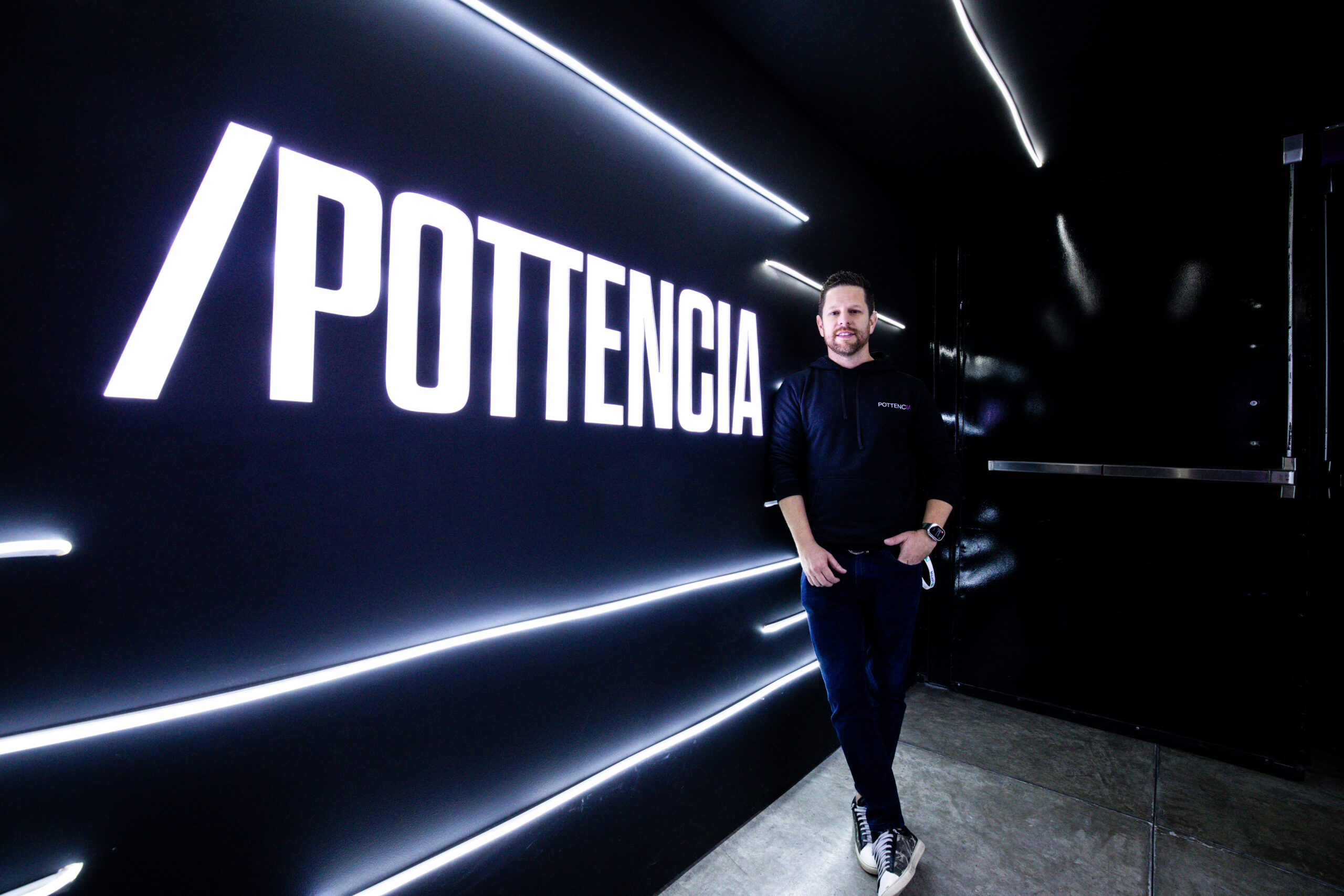
Por Israel Pantaleón
November 25, 2025
PottencIA transforms education with an artificial intelligence ecosystem that already guides more than 90,000 students towards the skills demanded by the digital economy.
The acceleration in the adoption of Artificial Intelligence (AI) is already reflected in large-scale strategic moves. One of the most relevant is the investment of US$1.3 billion that Microsoft announced to strengthen artificial intelligence infrastructure and catalyze new digital capabilities in Mexico.
The plan confirms the weight that the country has gained in the region and opens the door for companies of all sizes to modernize their operations, increase their competitiveness and prepare for an increasingly automated economy. One initiative that aims to boost the use of AI among young Mexicans is PottencIA.
This initiative redefines the role of education in Mexico in the face of the accelerated advance of artificial intelligence. The platform is positioned as one of the country’s most ambitious efforts to prepare new generations in the skills dictated by the digital economy.
The global boom of artificial intelligence demands profiles ready to coexist with technologies that transform entire industries. The World Economic Forum projects that 44% of job skills will change by 2028 and PottencIA takes that data as a strategic compass.
PottencIA integrates an ecosystem that combines courses, certifications, webinars, conferences and activities designed for students to understand and use AI from their academic background. The project encompasses the more than 90,000 students of the Lottus group in high schools, universities and graduate schools.
The group brings together five institutions: UTC in Mexico City, ULA, UTEC in Guadalajara, UANE in the northeast of the country and Colegio Indoamericano. All students access PottencIA from Aula, the same platform where they take classes and consult materials.
The young people are in constant contact with artificial intelligence because PottencIA organizes the training in four stages. The first stage introduces the fundamentals of AI and the basics of generative AI. Stages two and three go deeper into advanced skills with six certifications at each level.
The ecosystem grows further in stage four, where PottencIA offers more than 100 short courses focused on specific disciplinary areas. Nutrition students learn how to create menus with AI, management students explore generative tools, and marketing students experiment with Midjourney to produce visual pieces.
Fermin Muela, leader of the Lottus AI Program, explains that the key is to bring AI closer to real problems in each discipline. Young people find practicality and understand that AI expands their capabilities without replacing their knowledge.
PottencIA also combats a relevant challenge: capturing the attention of students between 15 and 24 years old, an audience saturated with digital stimuli. The program achieves this by integrating AI naturally into classroom activities and projects that challenge students to experiment.
The initiative is based on a strong idea: artificial intelligence does not take jobs, but it does displace those who are not proficient in it. Therefore, PottencIA insists that each student learn to formulate prompts, analyze results and use AI as an ally to improve academic and professional deliverables.
“The project coincides with the national interest in building an artificial intelligence cluster. Recent alliances between the Mexican government and companies like Microsoft strengthen that momentum, and PottencIA sees fertile ground for more companies to invest in digital talent,” explains Muela in an interview with Contxto.
Muela believes that AI has the potential to reduce educational gaps because it offers universal access to high-quality tools. The challenge lies in encouraging young people to lose their fear, practice, and adopt artificial intelligence as part of their daily learning.
PottencIA is moving forward with a clear vision: to train students who combine critical thinking, ethics and technological mastery, and to make Mexico an attractive country for industries seeking talent prepared for the digital revolution.

Por Stiven Cartagena
January 12, 2026